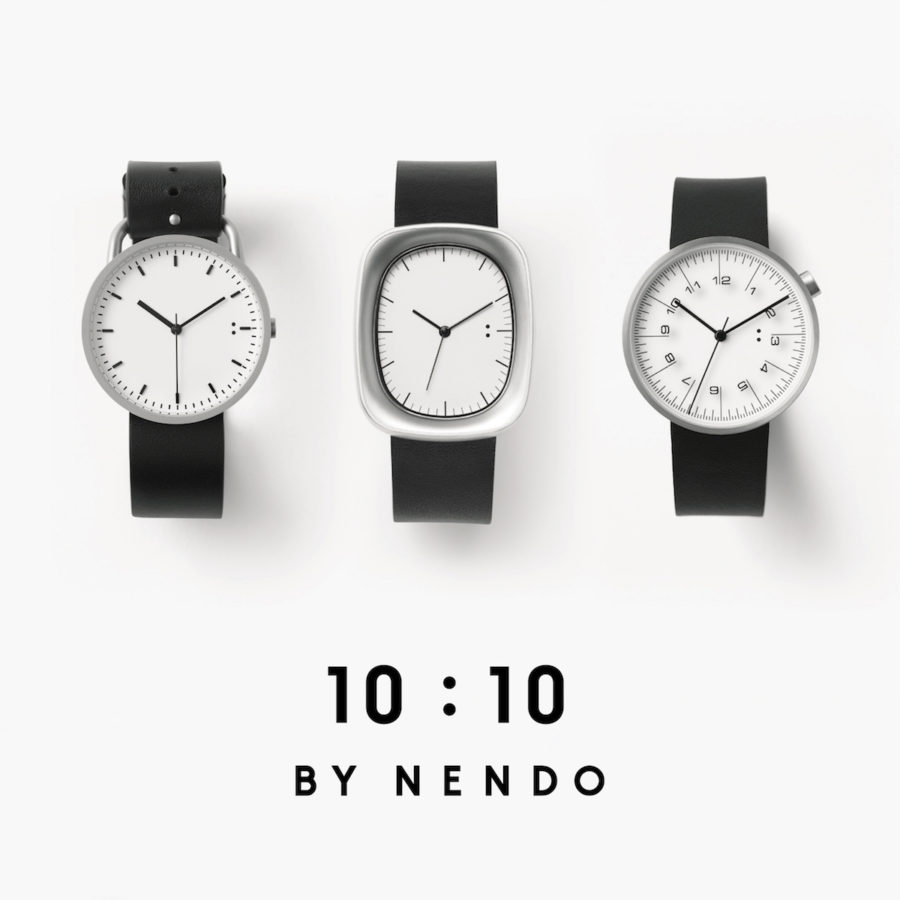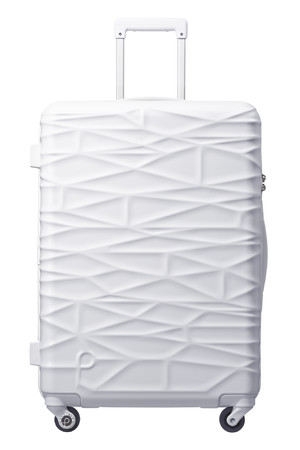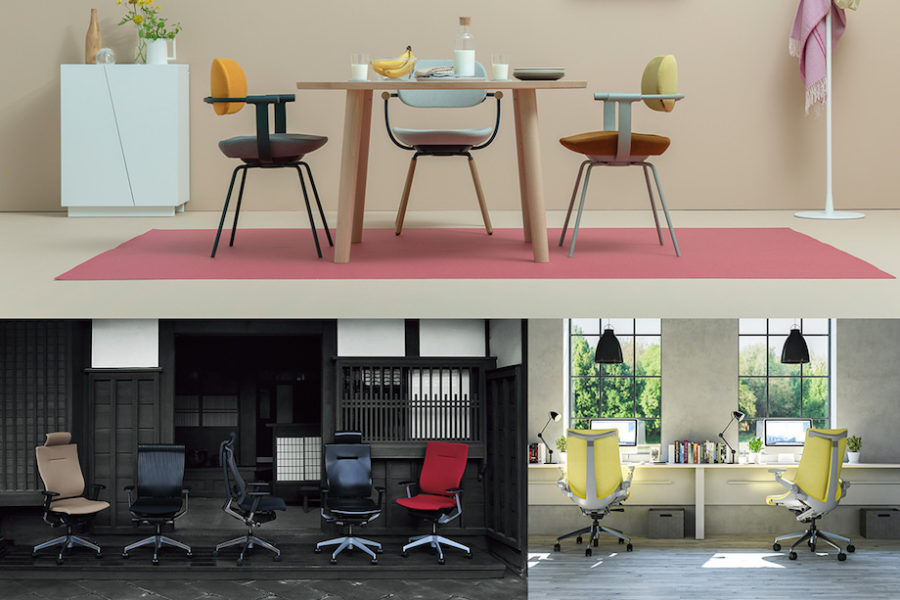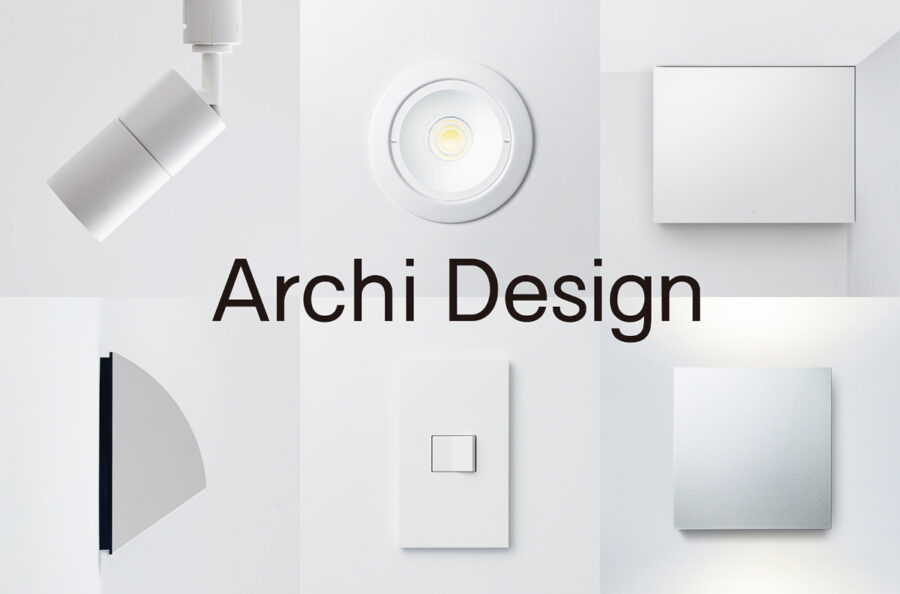
PRODUCT

Snøhetta has created "Common Sands - Forite", a heterogeneous tile made from electronics waste
スノヘッタが電子機器のごみからつくる不均質なタイル「Common Sands – Forite」
ノルウェーのデザイン事務所Snøhetta(スノヘッタ)が、電子機器のリサイクルガラスを使用したタイル「Common Sands – Forite」を発表しました。
ベルギー・ブリュッセルのStudio Plastique(スタジオプラスチック)の既存の素材研究をベースに、電子機器の廃棄物からガラスを取り出す「COMMON SAND」プロジェクトを共同で推進し、これにイタリアのセラミックタイルメーカー・Fornace Brioniも参加し、3社のコラボレーションで開発したものです。
「COMMON SAND」プロジェクト
https://studioplastique.be/common-sands.html
Snøhetta(スノヘッタ)
https://snohetta.com
Fornace Brioni
http://www.fornacebrioni.it/en/
以下は、Snøhettaのテキストからの抄訳です。

© Snøhetta/Studio Plastique/Fornace Brioni
■かぎりある資源「砂」
砂はビーチや公園でも見かける身近な資源ですが、現代社会においては必要不可欠な資源です。
ガラスの主成分でもあり、マイクロチップ、光ファイバーケーブル、断熱材、太陽電池、冷蔵庫、電子レンジ、コンピュータなど、我々の生活を支える電子機器に多く使われています。

© Snøhetta/Studio Plastique/Fornace Brioni
■急増する電子機器廃棄物
砂を採取し、輸送、精製、電子部品への加工、と多大な労力をかけているにもかかわらず、これらの部品のリサイクルはほとんど行われず、廃棄されています。
ガラスはリサイクルに適していますが、電子機器廃棄物(E-waste)におけるガラスの処理について、EUの指導はいま現在ありません。
かぎりある資源である砂を守り、急増するE-wasteの対策をする必要があります。

© Snøhetta/Studio Plastique/Fornace Brioni
■電子機器のリサイクルタイル「Common Sands – Forite」
Studio Plastiqueが進める、電子機器の廃棄物からガラスを取り出す「COMMON SAND」プロジェクトをベースに、Snøhettaとの共同研究、タイルメーカーであるFornace Brioniの知見が加わることで、「Common Sands – Forite」は誕生しました。
電子レンジのリサイクルガラスを使用したこのタイルは、2つの異なるサイズで展開されています。ムラのある透明度や独特の模様を持ち、表面材としての活用のみならず、半透明のパーティションとするなど、幅広い用途に適しています。

© Snøhetta/Studio Plastique/Fornace Brioni
■循環型社会実現のために
「Common Sands – Forite」は、砂という天然の資源に頼らず、すでに使われ、廃棄されたE-wasteを用いることで資源の循環を図っています。
そしてこのプロジェクトは、今回のE-wasteガラス素材にとどまりません。

© Snøhetta/Studio Plastique/Fornace Brioni
プロダクトとしてのリサイクル材の美しさ、機能性、可能性を示し、Snøhetta – Studio Plastique – Fornace Brioniという、分野や組織を超えたコラボレーションによる、サーキュラーエコノミー、持続可能なデザインの可能性を示しています。
以下は、Snøhettaのリリース(英文)です。
Common Sands – Forite
Although typically associated with beaches and playgrounds, sand is a resource essential to the continued functioning of our technology-driven society. Sand makes our electronic devices work, our homes light and warm, our communication faster and our energy consumption more sustainable. It is integral to the production of silicon microchips, fiberoptic cables, insulation and solar cells. Moreover, sand is the primary ingredient in glass, which is used in consumer electronic products such as fridges, microwaves and computers.
Despite great efforts to extract, transport, refine and process sand into complex electronic components, little is done to recycle these components when electronic goods reach the end of their lives. They simply land in the dump. Glass has material properties excellent for recycling, but EU directives on effectively processing glass from electronic waste (E-waste) do not currently exist. Sand is a finite resource, and as the volume of E-waste is increasing rapidly worldwide, we need strategies and solutions.
Based on a volume of existing material research by Studio Plastique, Common Sands – Forite evolved as a collaborative research project between Studio Plastique and Snøhetta, with the aim of exploring the potential applications of recycled E-waste glass. Through several prototypes and variations, a process for recycling E-waste glass components was developed, leading to the development of an application integrating and celebrating its variable material quality: glass tiles.
Italian ceramic tile manufacturer Fornace Brioni later joined the team, bringing their experience, industrial know-how, production facilities and potential for scalability to the project.
Made from recycled glass from microwave ovens, the tiles have been developed in two different sizes. The tiles are both opaque and transparent, each with a unique pattern and expression. With a deeply complex, terrazzo-like material quality, they are suitable for a wide range of architectural applications, including both surface coverage and as semi-transparent partition elements.
Common Sands – Forite positively leverages the unique properties of composition, color and structure inherent in the waste material into a series of architectural glass tiles. In an industry which demands transparency and consistency as a standard, the tiles embrace the variance and complexity already embedded in the recycled material. Focus has been put on waste glass from ovens and microwaves as a starting point to demonstrate the aesthetic depth, function and potential of the recycled material, but the project is not limited to this material stream alone.
This collaboration between Snøhetta, Studio Plastique and Fornace Brioni meets contemporary challenges with ambitious, pragmatic and scalable solutions. Working across disciplines, organizations and specializations, the project is an example of how collaboration and curiosity can contribute to creating significant changes within circular and sustainable design.
「Common Sands – Forite」Snøhetta公式ウェブサイト
https://snohetta.com/projects/569-common-sands-forite









